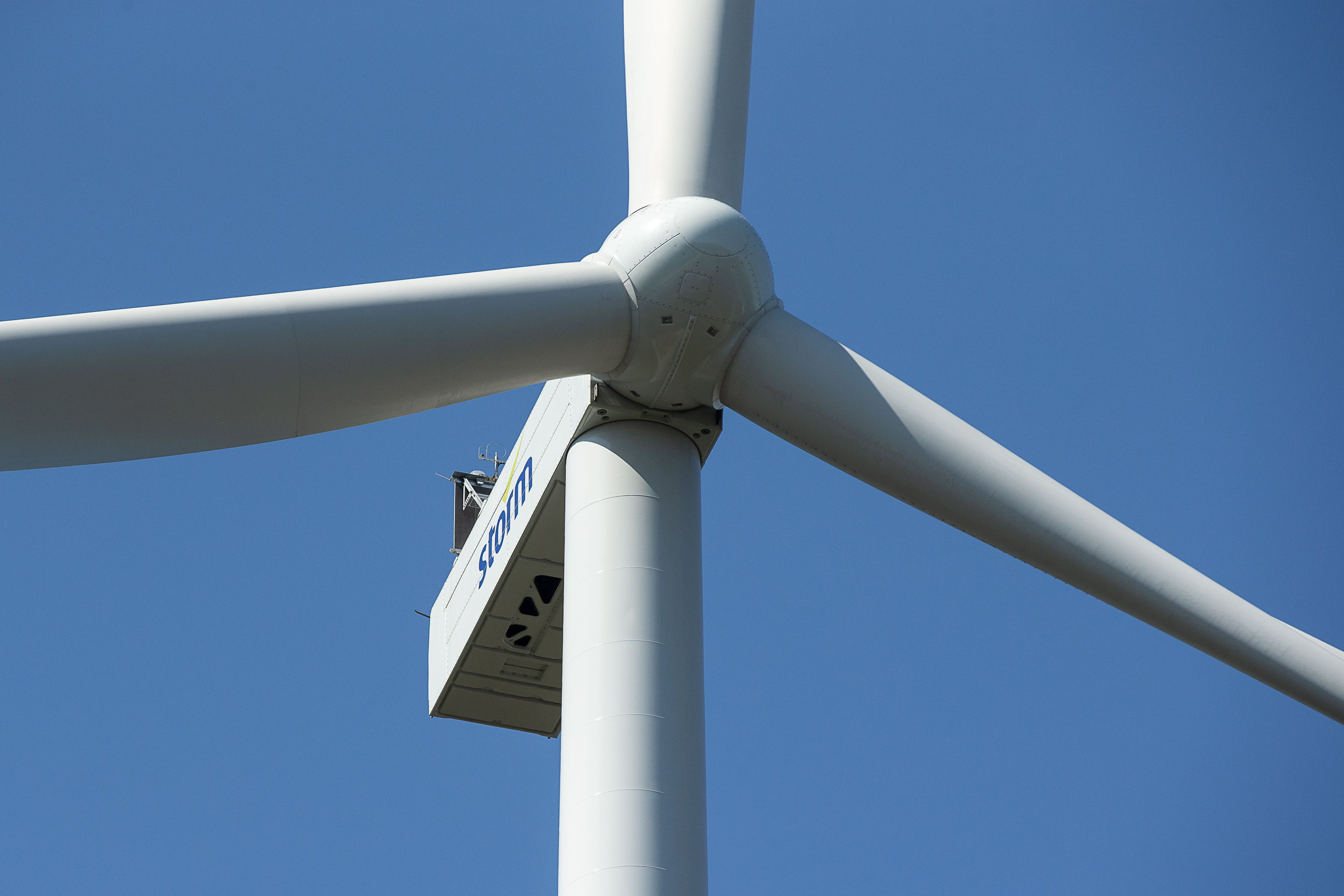Number of complaints about wind turbines in Flanders highest in seven years

There were 66 complaints about nuisance caused by wind turbines in Flanders in 2023, the highest number of complaints in the last seven years. This is according to figures released by Flemish Environment minister Zuhal Demir, of Flemish nationalists N-VA.
"These complaints are also a result of Demir's policy," said Flemish MP Johan Deckmyn, of far-right party Vlaams Belang, who asked for the figures. "There is an urgent need for designated planning areas for wind turbines."
There were 51 complaints in 2022 and 29 in 2021. Only in 2015 and 2016 was the number of complaints higher than in 2023, with 72 and 94 complaints respectively. The main reasons for complaints were noise nuisance and shadow flicker.
More permits
The record number of complaints in 2023 follows a year in which a record number of permits were issued, for 93 projects. This resulted in the construction of 112 turbines, the highest number since 2019, when 150 turbines were built.
"It's not surprising that there are so many complaints about nuisance caused by wind turbines," says Deckmyn. "These are a direct result of minister Demir's simplified licensing policy. Previously, wind turbine projects had to be processed by the provinces first, but from September 2022, the Flemish government will be the sole licensing authority for turbines with a capacity of at least 1.5 MW."
The total number of operational wind turbines in Flanders now stands at 689, with a total capacity of 1809 MW.
In Flanders, the Environmental Inspectorate handles all complaints about Class 1 wind turbines, those with a capacity of more than 5,000 kW. At present, 85 per cent of all complaints have been resolved.
"Opposition is limited, but is often reported in the media, which can distort the picture"
Despite the rising number of complaints, a majority of Flemish people are in favour of wind energy, according to a 2021 study carried out on behalf of the Flemish Energy and Climate Agency and the Flemish Regulator for the Electricity and Gas Markets.
Some 65 per cent of respondents favoured wind energy, while 21 per cent preferred not to have a wind turbine in their community. "Opposition is limited, but is often reported in the media, which can distort the picture," the government said.
The siting of wind turbines is not done randomly but according to Flemish regulations. Wind projects are preferably located near linear infrastructure, such as motorways, canals and high-voltage lines, and in areas with high energy demand. This means residential areas can be considered, provided noise and shadowing standards are met.
#FlandersNewsService | © BELGA PHOTO JAMES ARTHUR GEKIERE
Related news

